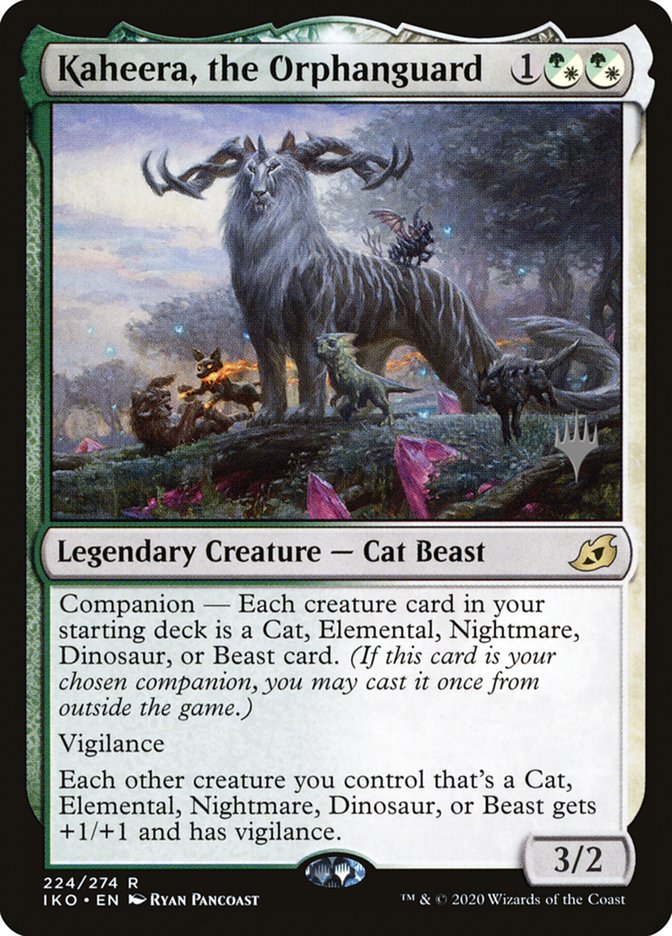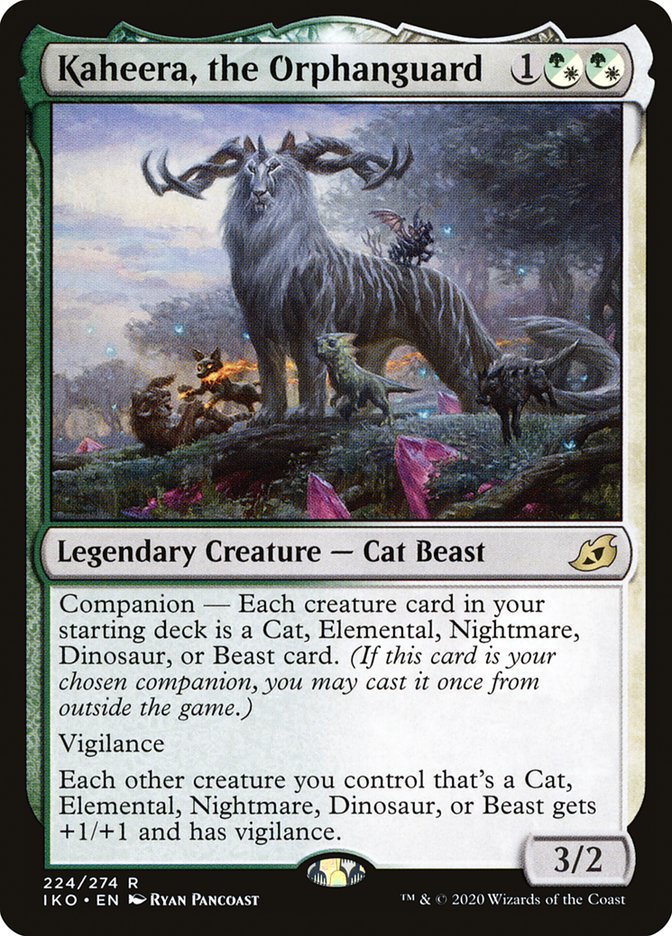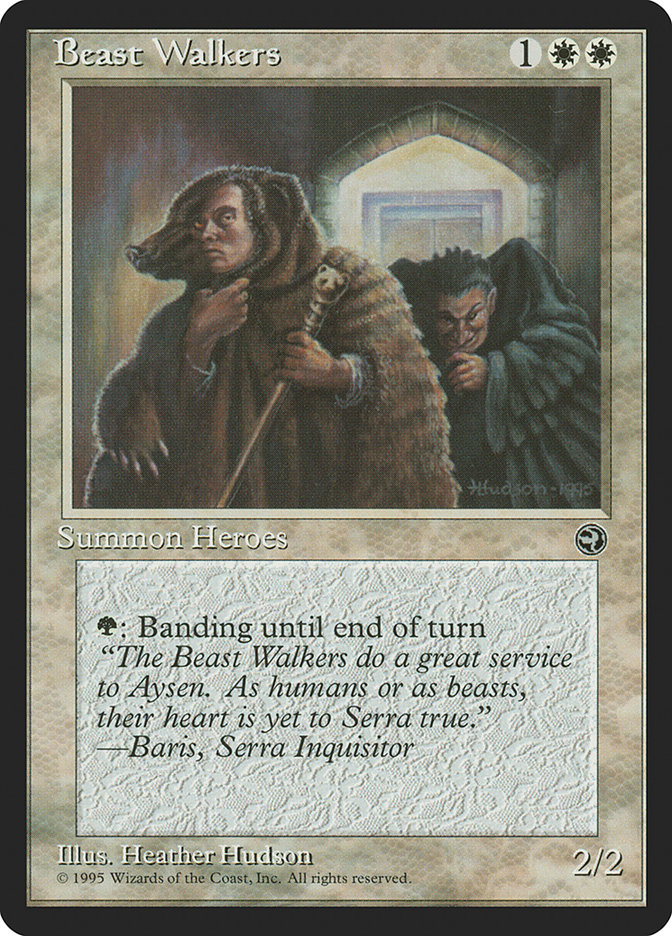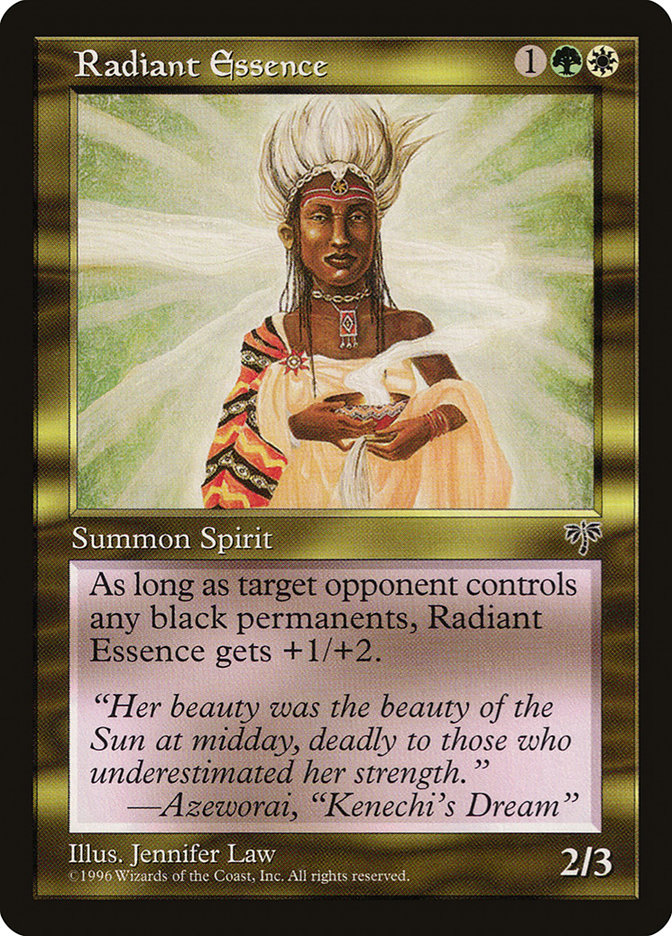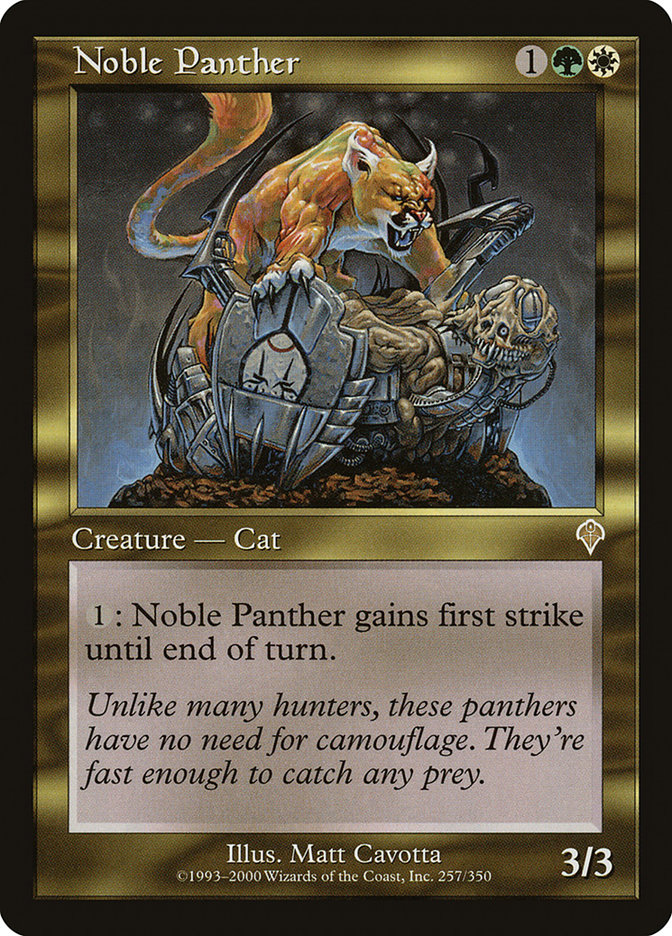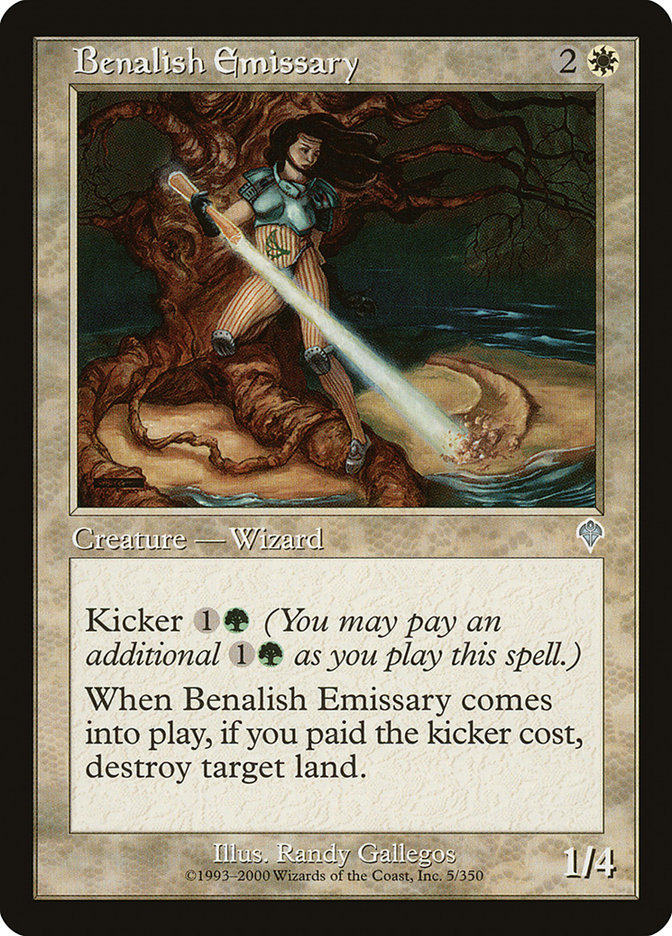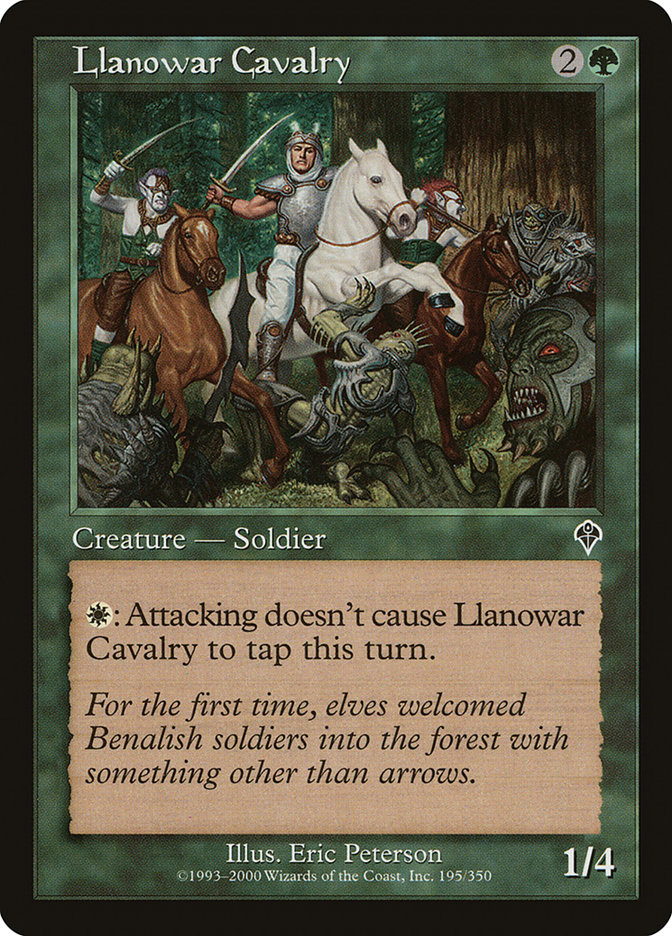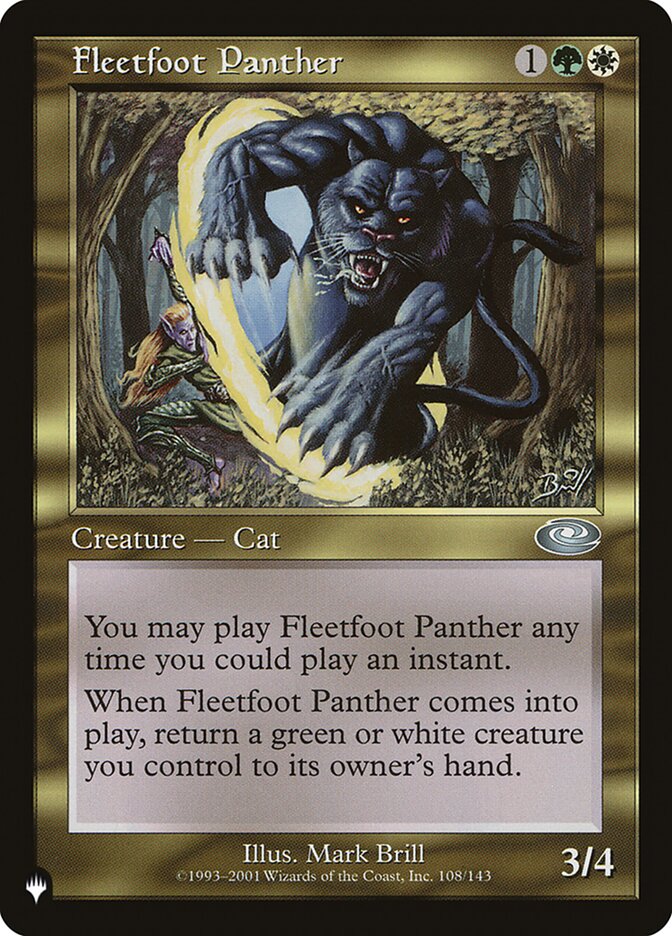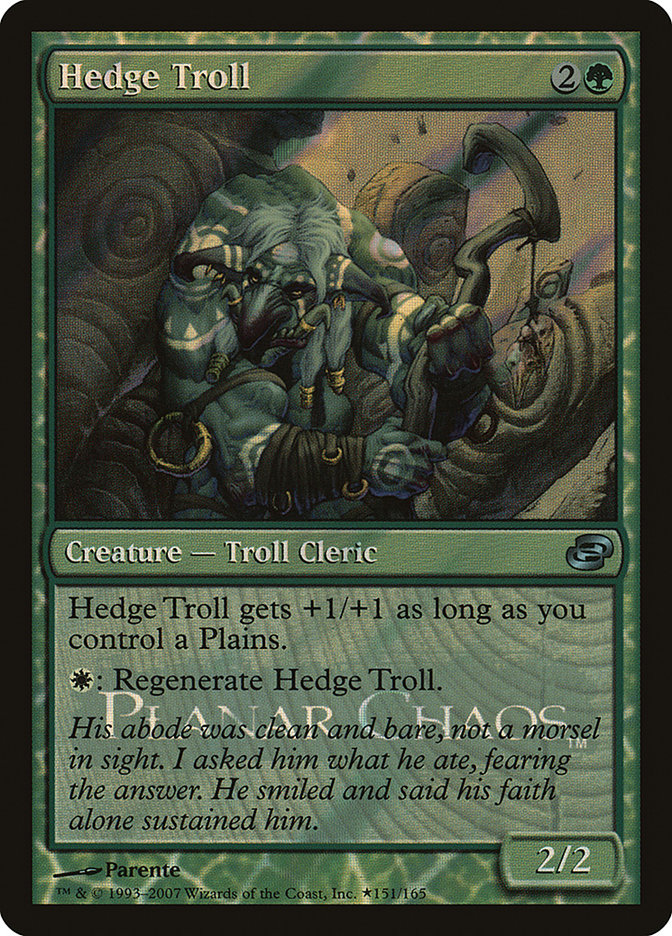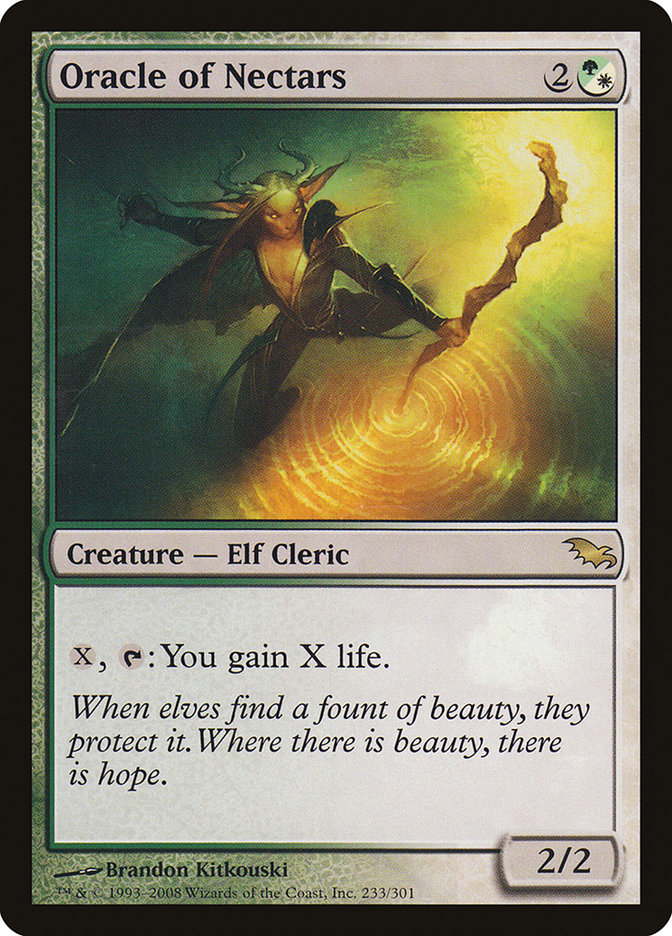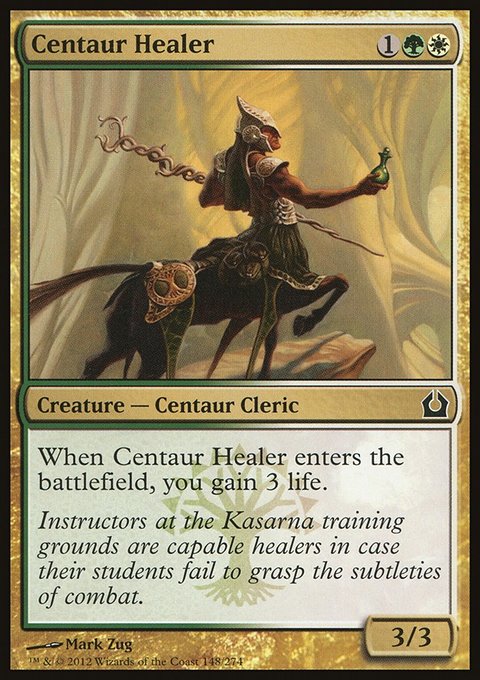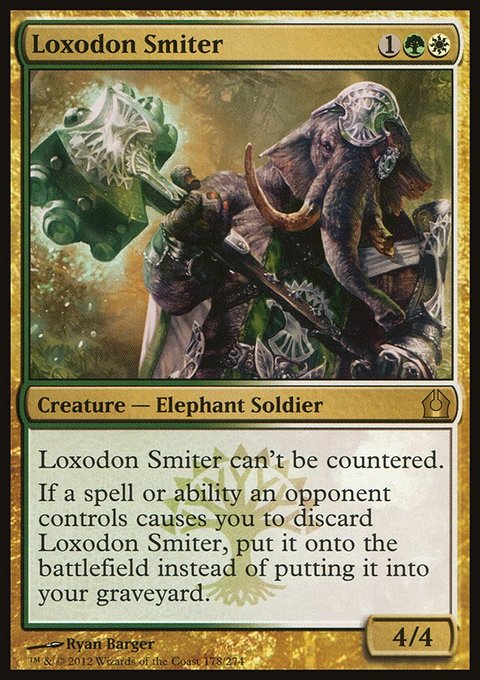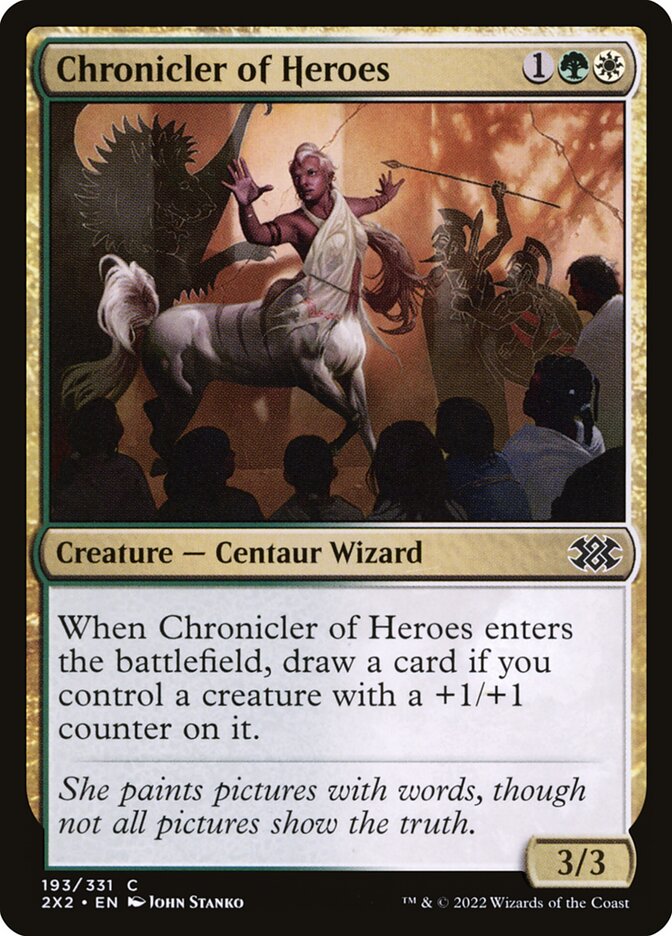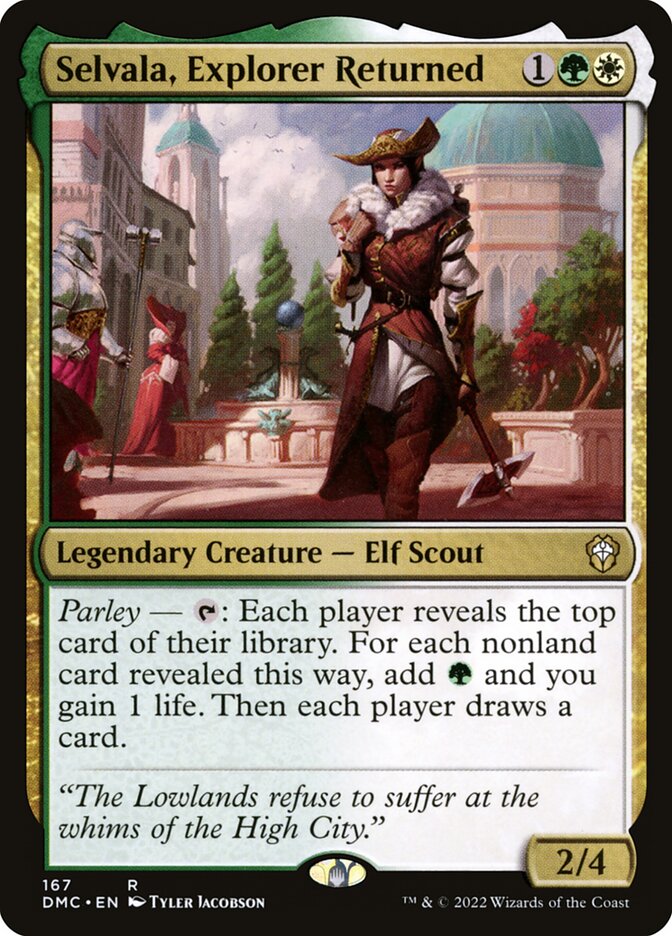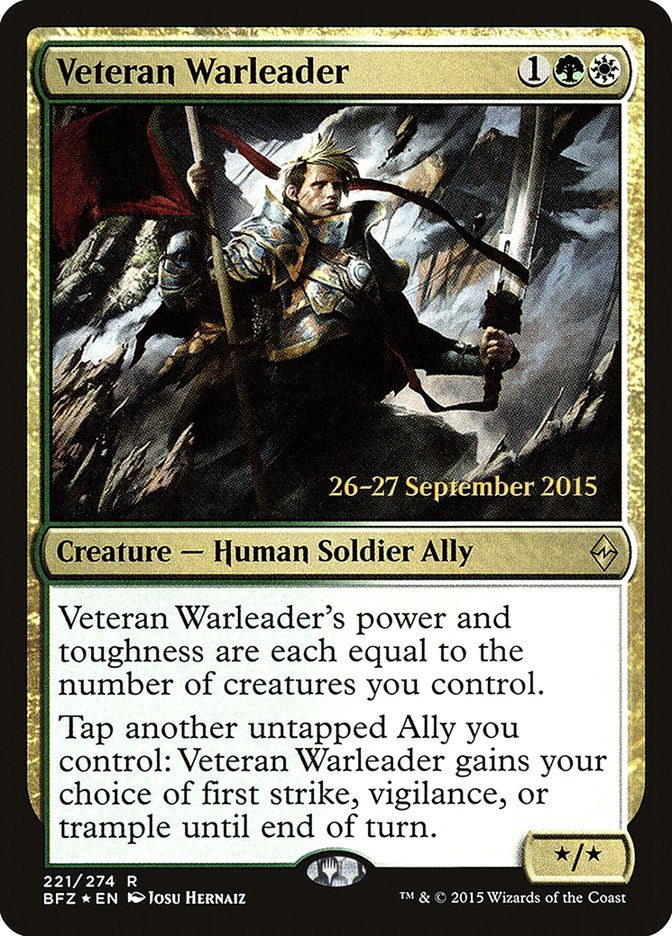Kaheera, the Orphanguard MTG Card
Text of card
Companion — Each creature card in your starting deck is a Cat, Elemental, Nightmare, Dinosaur, or Beast card. (If this card is your chosen companion, you may put it into your hand from outside the game for as a sorcery.) Vigilance Each other creature you control that's a Cat, Elemental, Nightmare, Dinosaur, or Beast gets +1/+1 and has vigilance.
Cards like Kaheera, the Orphanguard
Kaheera the Orphanguard offers a unique dynamic as a Companion card in MTG, fitting into the specific niche of creature type support. It’s quite similar in this aspect to Umori, the Collector, which also dictates a singular creature type in a deck but Umori broadens the effect across all nonland card types. Kaheera provides an anthem effect like Metallic Mimic or adaptive automaton, boosting Cats, Elementals, Nightmares, Dinosaurs, and Beasts, enhancing creature-based strategies.
Looking to Lords in MTG, we find The Great Henge which shares Kaheera’s spirit by not only providing a boost to creatures but also offering additional perks like life gain and card draw. However, The Great Henge demands a heavy mana investment in comparison to Kaheera’s accessibility. When it comes to creature-focused gameplay, Kaheera’s immediate effect on the board and condition for deck construction offer a tailored boost that can be pivotal for tribal synergies in your game.
In analyzing the role of Kaheera in MTG, we understand its spot as a Companion card can be a key strategy in a tribal deck, offering instant benefits to a range of powerful creature types, distinguishing itself with its unique deckbuilding restrictions and immediate board impact.
Cards similar to Kaheera, the Orphanguard by color, type and mana cost
Decks using this card
MTG decks using Kaheera, the Orphanguard. Dig deeper into the strategy of decks, sideboard cards, list ideas and export to play in ARENA or MOL.
| # | Name | Format | Archetype | Event |
|---|---|---|---|---|
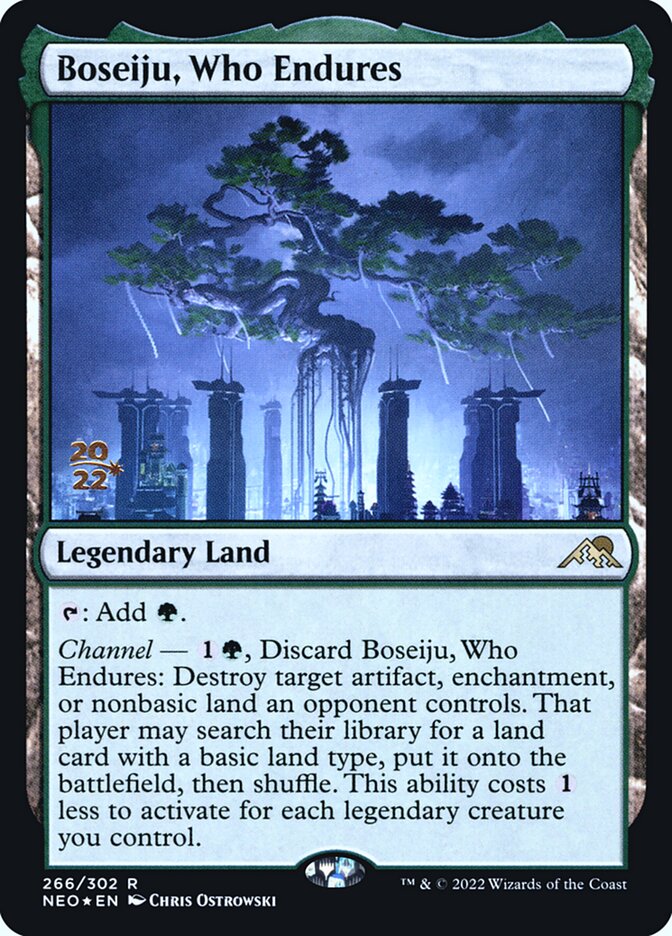 | All Other Decklists | Modern | 4/5c Omnath | The Gathering Showdown Series |
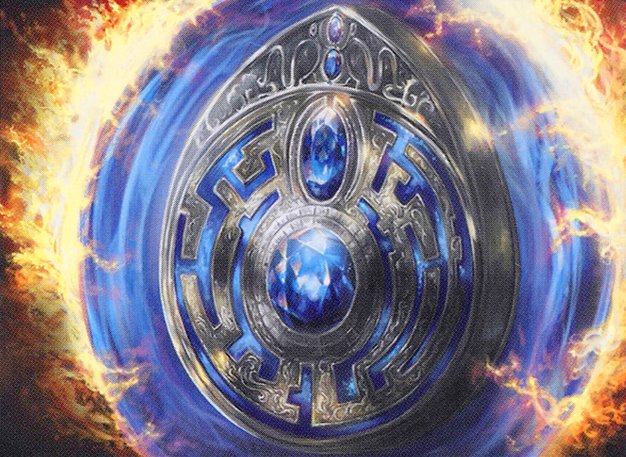 | Esper Control | Modern | Esper Control | Modern Preliminary 2024-02-13 |
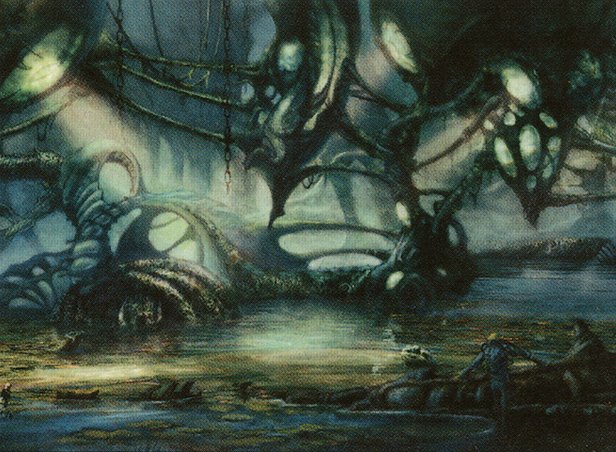 | Azorius Control | Modern | Azorius Control | Modern Preliminary 2024-01-17 (1) |
Card Pros
Card Advantage: Kaheera the Orphanguard offers a consistent bonus to creatures of specific types on the battlefield. This can enhance your board presence without the need to commit additional cards from your hand, indirectly contributing to card advantage. This prowess solidifies it as a valuable companion in decks designed around its creature type synergies.
Resource Acceleration: As a companion, Kaheera allows you to start with an additional card in your sideboard that you can cast, essentially operating as an eighth card in your hand. This unique role can effectively speed up your gameplay by ensuring that a key piece of your deck’s strategy is readily accessible, guaranteeing resource acceleration when it’s most needed.
Instant Speed: While Kaheera itself lacks instant speed, its companion mechanic provides flexible timing in game play. You have the ability to cast Kaheera from your sideboard when the moment is most opportune, allowing you to maximize the tactical benefit of adding it to the field. This strategic depth that comes with choosing the perfect window to introduce Kaheera to the fray can be as crucial as the instantaneous reactions that instant speed plays offer.
Card Cons
Discard Requirement: While Kaheera the Orphanguard itself does not have this effect, it’s essential to consider the surrounding cards you’re likely to play. Companion cards generally need specific requirements that can lead to discarding a beneficial card to maintain the deck’s cohesion.
Specific Mana Cost: Kaheera requires a precise mana alignment of one white, one green, and one generic. This combination could pigeonhole you into building around a Selesnya deck, limiting your creativity and potentially your adaptability in diverse game situations.
Comparatively High Mana Cost: With a casting cost of three mana, Kaheera’s impact on the board might not be immediate compared with other cards in the same slot. Especially considering that its ability benefits only certain creature types, Kaheera’s cost-to-effect ratio may deter some players from including it in their decks over more universally impactful three-drop options.
Reasons to Include in Your Collection
Versatility: Kaheera, the Orphanguard brings flexibility to your deck by serving as a companion to creature types such as Cats, Elementals, Nightmares, Dinosaurs, and Beasts. Its ability to boost other creatures while being a solid standalone card makes it a smart addition for various archetypes.
Combo Potential: With Kaheera, enhance strategies that revolve around the specific creature types it supports. Its static ability to grant a +1/+1 buff can be the tipping point in combat, turning the tide in your favor when bolstering your creature-heavy lineup.
Meta-Relevance: As the game evolves, having a card that adapts to various metagames is crucial. Kaheera’s versatility ensures it remains relevant, able to provide consistency and strength to creature-focused decks that vie for dominance in fluctuating metagames.
How to beat
Kaheera, the Orphanguard, stands out in the landscape of creature boosts within MTG. This legendary creature provides a consistent advantage for decks centered on Cats, Elementals, Nightmares, Dinosaurs, and Beasts. To effectively counter Kaheera, it’s crucial to consider her Companion mechanic, which allows her to start the game outside the deck if a specific deck-building condition is met, offering a guarantee that your opponent has access to her abilities.
Removal spells that can target Kaheera regardless of her being in the companion zone or on the battlefield are your best bet. Board wipes like Shatter the Sky can clear the battlefield, including Kaheera, to negate her pervasive buffs. For a more targeted approach, Direct removal spells such as Murderous Rider can directly take Kaheera out of the equation, whether she is in play or awaiting her moment from the sidelines.
Focusing on her companions’ capabilities, instead of just targeting Kaheera, can also be effective. Utilize cards that restrict creature abilities or deploy creatures that can outclass those in a Kaheera-boosted deck. By understanding the potential of your opponent’s strategy with Kaheera and strategically managing your removals and counters, you can dismantle the advantage she offers to her specific creature types.
BurnMana Recommendations
Grasping the depth of MTG card synergies is crucial for any player looking to excel. Kaheera the Orphanguard adds a layer of complexity and strategy to your gameplay, enhancing specific creature archetypes. If you’re intrigued by the potential of sporting a Kaheera-led battalion of Cats, Elementals, Nightmares, Dinosaurs, and Beasts, or simply wish to understand how to outmaneuver this vigilant Guardian on the battleground, our resources can offer extensive insights. By bolstering your knowledge on such strategic components, you edge closer to victory. Dive into our wealth of information to advance your strategic play and make every match count.
Where to buy
If you're looking to purchase Kaheera, the Orphanguard MTG card by a specific set like Magic Online Promos and Ikoria: Lair of Behemoths Promos, there are several reliable options to consider. One of the primary sources is your local game store, where you can often find booster packs, individual cards, and preconstructed decks from current and some past sets. They often offer the added benefit of a community where you can trade with other players.
For a broader inventory, particularly of older sets, online marketplaces like TCGPlayer, Card Kingdom and Card Market offer extensive selections and allow you to search for cards from specific sets. Larger e-commerce platforms like eBay and Amazon also have listings from various sellers, which can be a good place to look for sealed product and rare finds.
Additionally, Magic’s official site often has a store locator and retailer lists for finding Wizards of the Coast licensed products. Remember to check for authenticity and the condition of the cards when purchasing, especially from individual sellers on larger marketplaces.
Below is a list of some store websites where you can buy the Kaheera, the Orphanguard and other MTG cards:
 BUY NOW
BUY NOW BurnMana is an official partner of TCGPlayer
- eBay
- Card Kingdom
- Card Market
- Star City Games
- CoolStuffInc
- MTG Mint Card
- Hareruya
- Troll and Toad
- ABU Games
- Card Hoarder Magic Online
- MTGO Traders Magic Online
See MTG Products
Printings
The Kaheera, the Orphanguard Magic the Gathering card was released in 4 different sets between 2020-04-24 and 2023-04-21. Illustrated by 2 different artists.
| # | Released | Name | Code | Symbol | Number | Frame | Layout | Border | Artist |
|---|---|---|---|---|---|---|---|---|---|
| 1 | Magic Online Promos | PRM | 80861 | 2015 | Normal | Black | Ryan Pancoast | ||
| 2 | 2020-04-24 | Ikoria: Lair of Behemoths Promos | PIKO | 224p | 2015 | Normal | Black | Ryan Pancoast | |
| 3 | 2020-04-24 | Ikoria: Lair of Behemoths | IKO | 224 | 2015 | Normal | Black | Ryan Pancoast | |
| 4 | 2020-04-24 | Ikoria: Lair of Behemoths Promos | PIKO | 224s | 2015 | Normal | Black | Ryan Pancoast | |
| 5 | 2020-04-24 | Ikoria: Lair of Behemoths | IKO | 353 | 2015 | Normal | Black | Ryan Pancoast | |
| 6 | 2023-04-21 | Multiverse Legends | MUL | 177z | 2015 | Normal | Borderless | Denis Medri | |
| 7 | 2023-04-21 | Multiverse Legends | MUL | 112 | 2015 | Normal | Black | Ryan Pancoast | |
| 8 | 2023-04-21 | Multiverse Legends | MUL | 47 | 2015 | Normal | Borderless | Denis Medri | |
| 9 | 2023-04-21 | Multiverse Legends | MUL | 177 | 2015 | Normal | Borderless | Denis Medri |
Legalities
Magic the Gathering formats where Kaheera, the Orphanguard has restrictions
| Format | Legality |
|---|---|
| Historicbrawl | Legal |
| Historic | Legal |
| Legacy | Legal |
| Oathbreaker | Legal |
| Gladiator | Legal |
| Pioneer | Legal |
| Commander | Legal |
| Modern | Legal |
| Vintage | Legal |
| Duel | Legal |
| Explorer | Legal |
| Penny | Legal |
| Timeless | Legal |
Rules and information
The reference guide for Magic: The Gathering Kaheera, the Orphanguard card rulings provides official rulings, any errata issued, as well as a record of all the functional modifications that have occurred.
| Date | Text |
|---|---|
| 2020-04-17 | A creature that's more than one of the five types gets +1/+1 only once from Kaheera's last ability. |
| 2020-04-17 | Before shuffling your deck to become your library, you may reveal one card from outside the game to be your companion if your starting deck meets the requirements of the companion ability. You can't reveal more than one. It remains revealed outside the game as the game begins. |
| 2020-04-17 | Creature cards in your deck may be a mix of the five creature types that Kaheera cares about. They may also have additional types, as long as each creature card is at least one of those five. Noncreature cards may have any subtypes. |
| 2020-04-17 | If more than one player wishes to reveal a companion, the starting player does so first, and players proceed in turn order. Once a player has chosen not to reveal a companion, that player can't change their mind. |
| 2020-04-17 | If you reveal a companion outside the game, for as long as it remains there, you may pay any time you could cast a sorcery (that is, you have priority during your main phase and the stack is empty). Once you do, you put it into your hand and behaves like any other card you've brought into the game. For example, if it's discard, countered, or destroyed, it's put into your graveyard, remaining in the game. This is a change from previous rules. |
| 2020-04-17 | The companion ability has no effect if the card is in your starting deck and creates no restriction on putting a card with a companion ability into your starting deck. For example, Zirda may be in your starting deck even if your other permanent cards don't all have activated abilities. |
| 2020-04-17 | The companion's other abilities apply only if the creature is on the battlefield. They have no effect while the companion is outside the game. |
| 2020-04-17 | The requirements of the companion ability apply only to your starting deck. They do not apply to your sideboard. |
| 2020-04-17 | You may have one companion in the Commander variant. Your deck, including your commander, must meet its companion requirement. Your companion is not one of your one hundred cards. |
| 2020-04-17 | Your companion begins the game outside the game. In tournament play, this means your sideboard. In casual play, it's simply a card you own that's not in your starting deck. |
| 2020-06-01 | If you reveal a companion outside the game, for as long as it remains there, you may pay any time you could cast a sorcery (that is, you have priority during your main phase and the stack is empty). Once you do, you put it into your hand and behaves like any other card you've brought into the game. For example, if it's discarded, countered, or destroyed, it's put into your graveyard, remaining in the game. This is a change from previous rules. |
| 2020-06-01 | Once you put your companion into your hand, it behaves like any other card you’ve brought into the game. For example, if it’s countered or destroyed, it’s put into your graveyard, remaining in the game. |
| 2020-06-01 | Paying to put your companion into your hand is a special action. It doesn't use the stack and players can't respond to it. Once you take this action, you may cast that card if it's legal to do so before any other player can take actions. |
| 2020-06-01 | Wizards of the Coast has issued functional errata for the Companion mechanic. Instead of casting companions from outside the game: Once per game, any time you could cast a sorcery (during your main phase when the stack is empty), you can pay to put your companion from your sideboard into your hand. This is a special action, not an activated ability. It happens immediately and can’t be responded to. It can’t be countered or stopped by cards like Phyrexian Revoker. For more information please see https://magic.wizards.com/en/articles/archive/news/june-1-2020-banned-and-restricted-announcement |
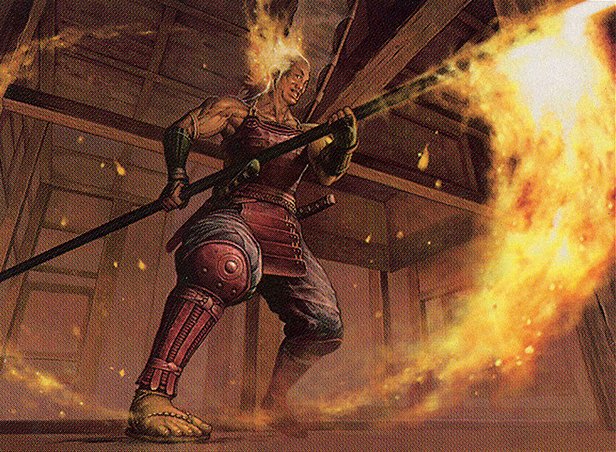
Guide to Vigilance card ability
In the strategic universe of Magic: The Gathering (MTG), the vigilance ability stands out as a powerful tool for players. This potent keyword allows creatures to attack without tapping, keeping them ready and alert to defend against incoming threats. It represents a perfect balance between aggression and defense, offering a dynamic approach to gameplay. Lets dive deeper into how vigilance shapes the battlefield.
